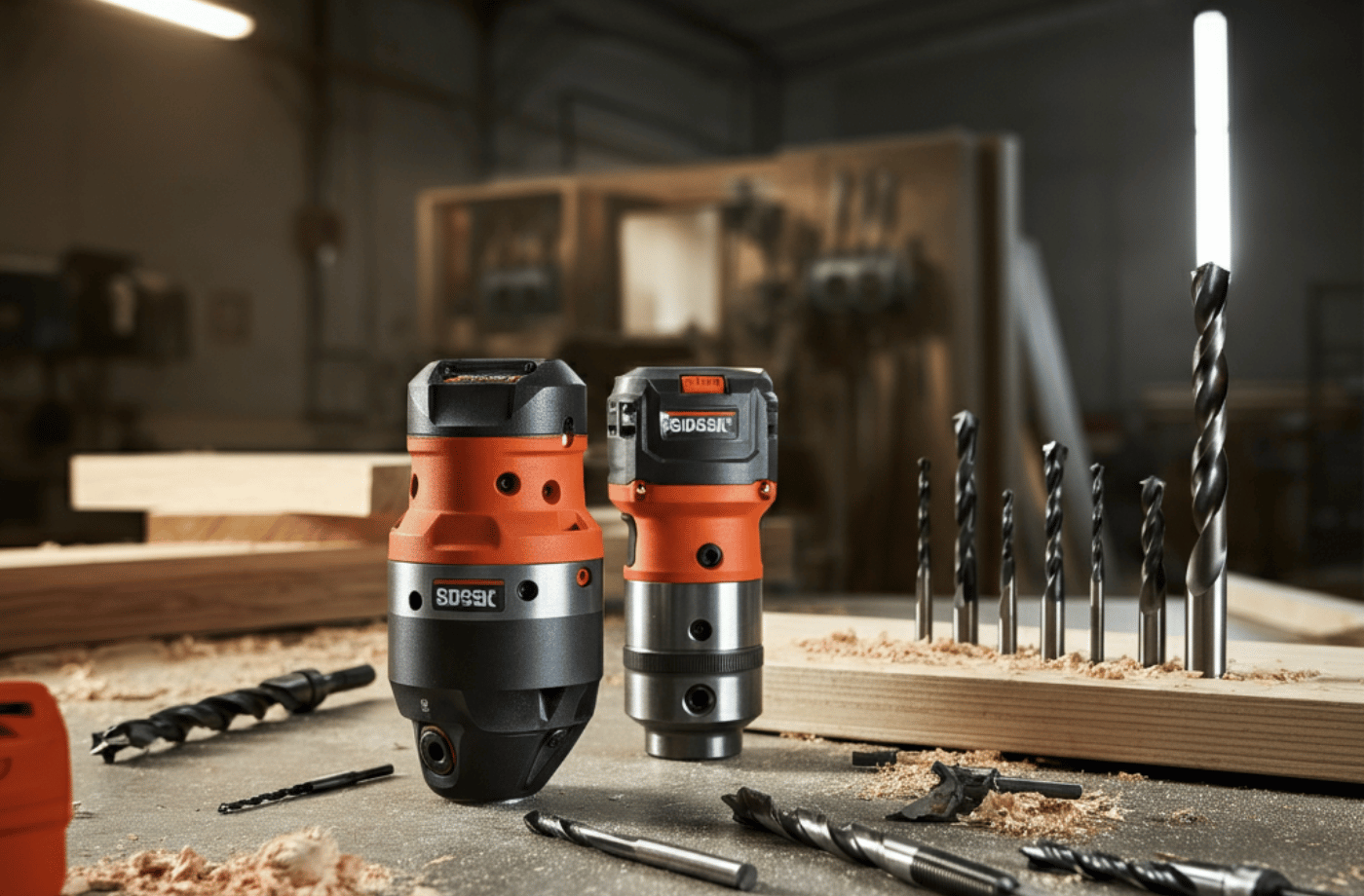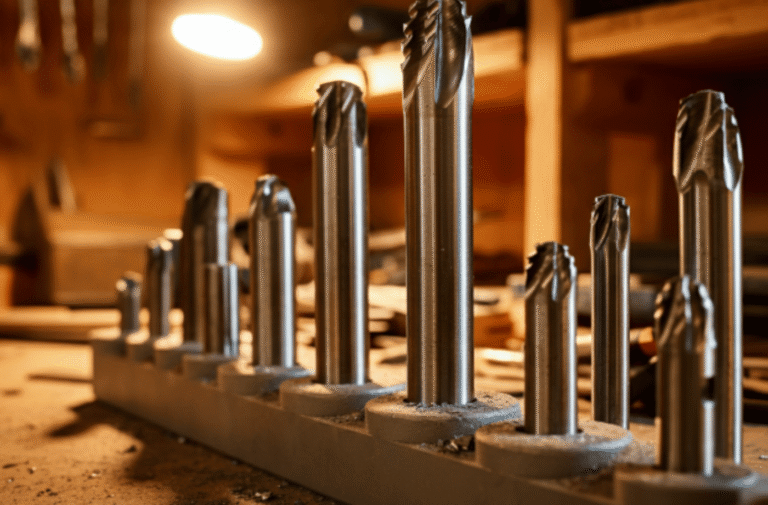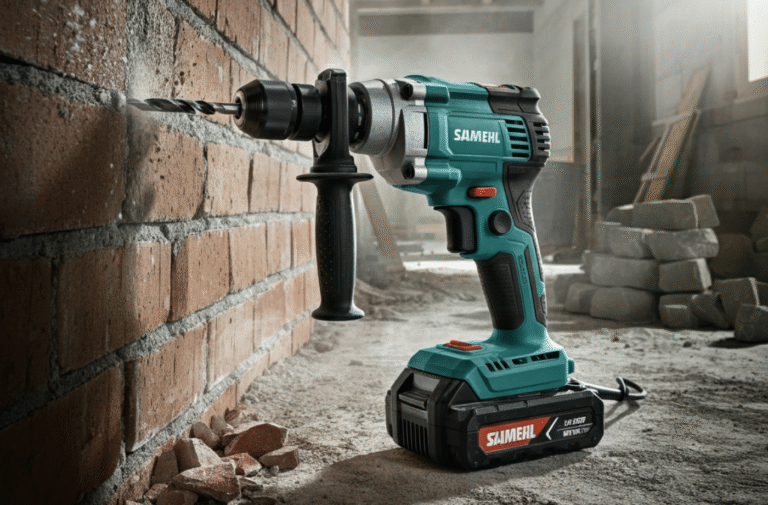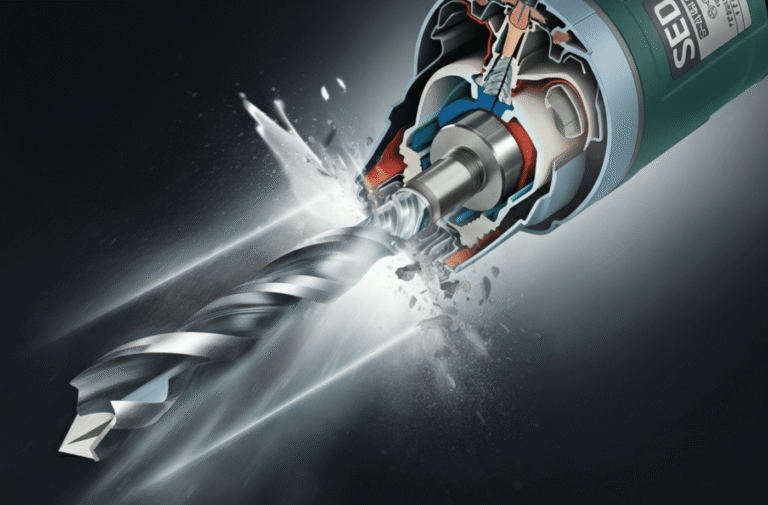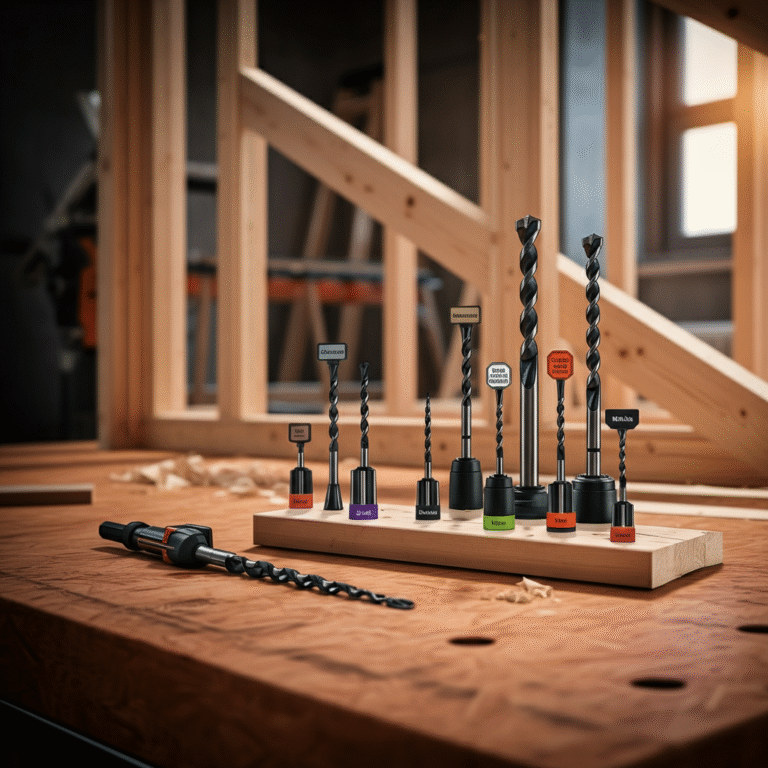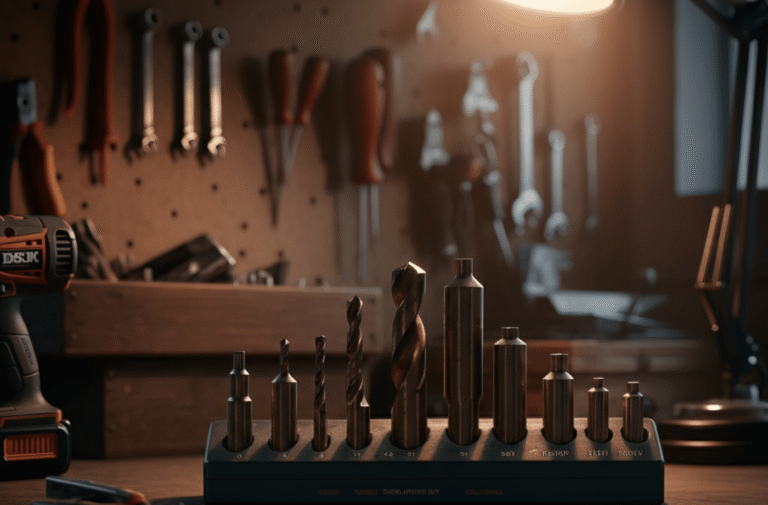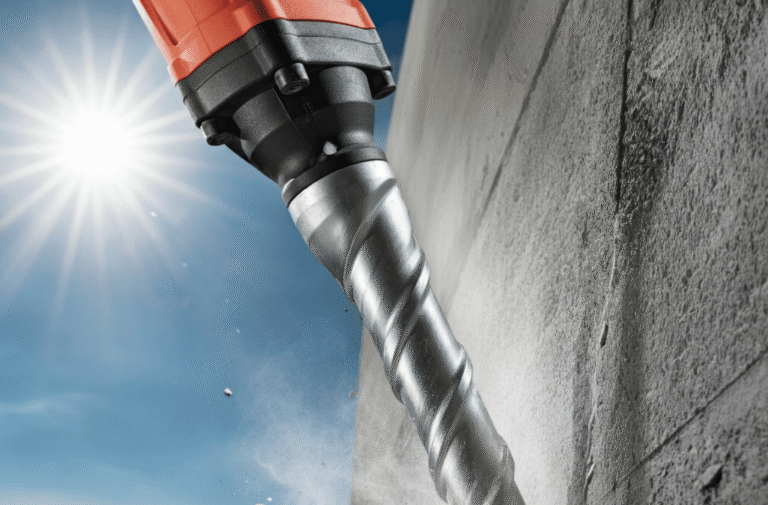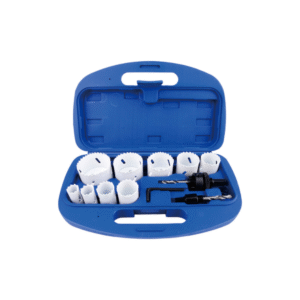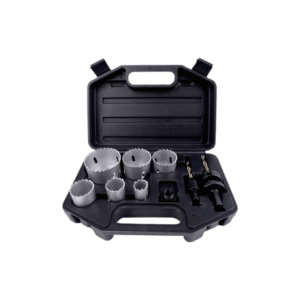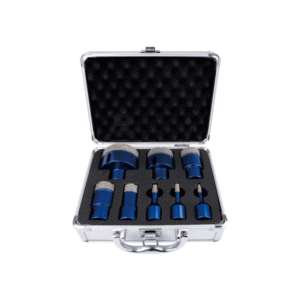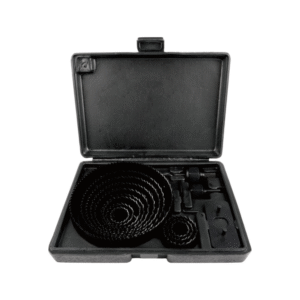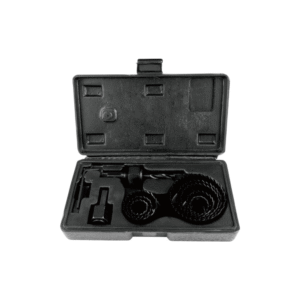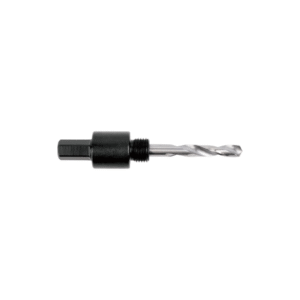Whether you’re a DIY enthusiast or a seasoned contractor, the efficiency of your tools determines the quality of your work. Among the vast array of drilling accessories, SDS drill bits stand out as a popular option for heavy-duty drilling tasks. But are they worth the investment? If you’ve been on the fence, this post will help you understand the ins and outs of SDS drill bits, including their advantages, limitations, and whether they’re the right choice for your toolkit.
What Are SDS Drill Bits?
SDS stands for “Slotted Drive System” or “Slotted Drive Shaft”, depending on whom you ask. These drill bits are specifically designed for use with SDS hammer drills, which are often used to tackle tougher materials like concrete, brick, and stone.
The defining feature of SDS drill bits is their unique shank design, which locks into the chuck of the drill to prevent slipping and allows for efficient energy transfer. This makes SDS drill bits ideal for tasks that require both rotary motion and hammering action, such as drilling through masonry.
SDS Variations
There are three main types of SDS bits, categorized based on their size and the number of grooves in the shank:
- SDS-Plus: The most common option for light to medium-duty drilling tasks. Compatible with standard SDS drills.
- SDS-Max: Larger and built for heavy demolition work like breaking concrete slabs. Designed for professional-grade rotary hammers.
- SDS-Top (less commonly seen): Fits between SDS-Plus and SDS-Max in terms of power and size, but availability can be limited.
Now that you know what SDS drill bits are, let’s explore why they’re so widely praised.
Pros of SDS Drill Bits
1. Exceptional Power and Efficiency
One of the standout benefits of SDS drill bits is their ability to handle tough materials with ease. The unique design ensures that more force from the hammering mechanism is directed into the drill bit, making it more powerful than traditional drill bits. This allows users to drill faster and with less effort.
Example: If you’re drilling a 10mm hole in a brick wall, an SDS drill bit can complete the task in half the time it would take with a standard bit.
2. Secure Locking Mechanism
SDS drill bits are designed to fit snugly into the drill’s chuck, eliminating the risk of slippage during use. This guarantees smooth operation and ensures energy is transferred effectively to the bit.
Why it matters: Slipping bits can ruin precision and slow progress, especially when working on hard materials like concrete. The SDS locking system mitigates this issue entirely.
3. Durability for Heavy-Duty Jobs
SDS drill bits are built using high-quality materials, making them more durable and resistant to wear. They can withstand the constant hammering and rotational force of drilling through hard materials without breaking or dulling quickly.
This durability is particularly beneficial for professionals who frequently work on long and demanding projects where tools are subject to heavy use.
4. Versatility with Concrete and Masonry
If your projects involve drilling into brick, concrete, or stone, SDS drill bits shine. They not only handle such materials with ease but also provide the option to attach chiseling bits for demolition tasks like tile removal or breaking apart old concrete.
Pro tip: For general-purpose drilling in materials like wood or metal, SDS drills can still be used with an adapter, adding to their versatility.
5. Reduced User Fatigue
The design of SDS drills and bits minimizes the vibration felt by the user. This makes them more comfortable to handle during extended projects and reduces the likelihood of fatigue or injury.
Cons of SDS Drill Bits
While SDS drill bits are undeniably advantageous for specific tasks, they may not be the perfect fit for everyone. Here are some limitations to be aware of.
1. Not Ideal for Light-Duty Tasks
For everyday drilling tasks, such as hanging picture frames or assembling furniture, SDS drill bits are often overkill. They’re designed for heavy-duty jobs, so they might not offer the same level of finesse needed for precision drilling in light materials like wood or plastic.
Solution: Keep a standard drill and chuck handy for these smaller household tasks.
2. Specialized Equipment Required
SDS drill bits require an SDS-compatible drill, which can be an investment if you don’t already own one. Regular drills with standard chucks cannot securely hold SDS bits, limiting their compatibility.
3. Heavier and Bulkier Setup
SDS drills and bits tend to be bulkier and heavier than their standard counterparts. This can make them less practical for casual users or tasks requiring flexibility in tight spaces.
Example: If you’re installing curtain rods in drywall, maneuvering an SDS drill might not be the easiest option.
4. Higher Initial Cost
Both SDS drills and their accompanying bits are more expensive than traditional options. For someone who only needs a drill for occasional use, this higher upfront cost might not make sense.
Pro tip: Consider renting an SDS drill for one-off jobs to avoid splurging on a tool you may not frequently use.
Should You Invest in SDS Drill Bits?
The answer depends on your specific needs. If you frequently work with masonry or tackle heavy-duty construction and remodeling projects, SDS drill bits will save you time, effort, and frustration. Their superior power, efficiency, and durability make them a worthwhile investment for professionals and dedicated DIYers.
However, if you typically handle lighter, everyday tasks, standard drills and bits may suffice. Consider your project requirements and how often you’ll need the added capabilities of SDS tools.
For those ready to take their drilling game to the next level or tackle challenging materials, SDS drill bits are an investment that pays off in performance and longevity.
Maximizing the Lifespan of SDS Drill Bits
To get the most out of your SDS drill bits, follow these tips:
- Use the Right Bit for the Job: Avoid using concrete SDS drill bits on softer materials like wood.
- Regular Maintenance: Clean and lubricate the shank to prevent rust and ensure smooth operation.
- Avoid Overheating: Prolonged use generates heat; give your drill and bits time to cool down to avoid damage.
Find the Right Drill Bit for You
SDS drill bits offer incredible benefits for anyone tackling heavy-duty projects, from home renovations to commercial construction. Their combination of power, precision, and durability ensures they can handle demanding applications with ease.
If you need speed, reliability, and professional-grade performance, SDS drill bits could be your ultimate DIY ally.

